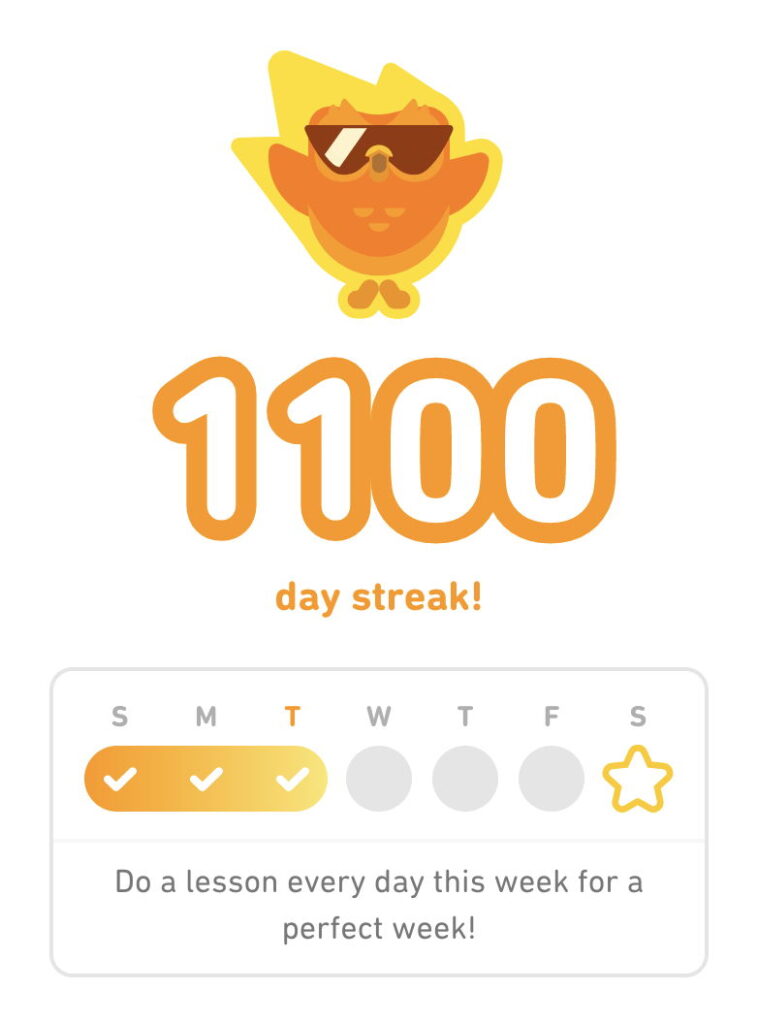qaStaHvIS wa’SaD wa’vatlh jaj tlhIngan Hol vIHaDtaH = I have studied Klingon for one thousand one hundred days.

The way our calendar works has gives me another milestone on the heels of another. Five days ago I celebrated three years of studying Klingon.
Klingon was invented by a linguist who wanted to create an alien language. I think he succeeded, but he created quite a challenge for us speakers of DIvI’ Hol (= Federation Standard, aka English). In particular, consider these consonants in Klingon, none of which exist in English:
gh = The simplest way to make this sound is to pretend that you were going to say the English hard “g” sound (like in gobble), but to put your tongue on the roof of your mouth.
H = Although this sound does not explicitly occur in English, it’s familiar to most English speakers. It’s the “hard ch” found in words like Bach and chutzpah.
q = This is somewhat like the English “k”, but with the tongue placed at the roof of your mouth.
Q = This is sort of like q, but more rasping. If you’re saying it right, the word QaQ (= to be good) should sound like you’re gargling. (Not to be confused with the verb ghagh = to gargle.)
With me so far? Then try saying these Klingon words. Remember, they have to sound distinct for a Klingon to understand you:
ghol = an opponent or adversary
Hol = language
qol = the proper name Kol; also a collection of segments joined together
Qol = to beam away
Here’s your challenge:
Qol qol ghol. Hol Huj jatlh. = The opponent of Kol beamed away. He spoke a strange language.
The consonant tlh is pronounced as if you were saying at least, but take away the initial “a” and the final “east”.
Looking ahead at the icons in the Duolingo course, I strongly suspect I will reach its end within the next month. You can look forward to a wrap-up of my Klingon experience when that happens.
Qapla’ batlh je’! = Success and honor!